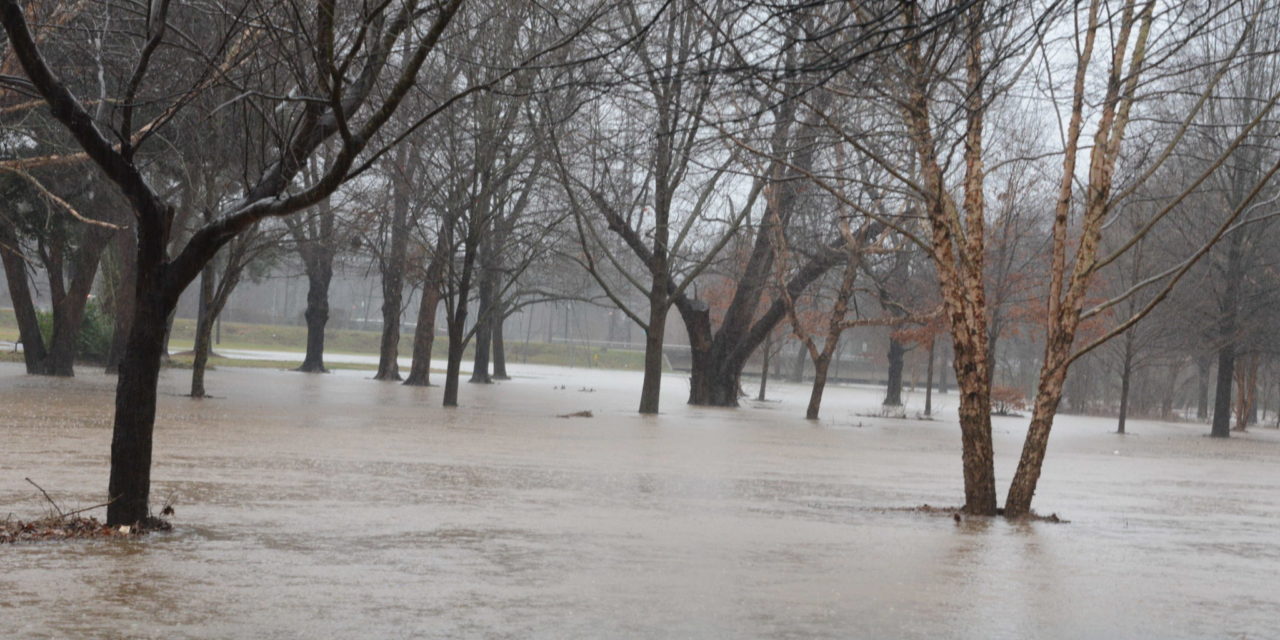On Saturday Feb. 8, the City of Greensboro sent out nine notifications of “Untreated Sewage Discharge” all occurring on Thursday, Feb. 6.
A number of years ago these notices of untreated sewage discharge used to be a regular occurrence after any significant rainfall, but the city intensified its efforts to up-fit and replace wastewater infrastructure and they are far less common.
On Tuesday, Feb. 4, staff from the Water Resources Department told the City Council that because of the increase in frequency and intensity of major storms the city needed to upgrade its storm sewers with larger pipes and culverts, and two days later their words appeared to be prophetic.
All nine of the notices give the same reason for the untreated sewage discharges – “due to high flow rates from heavy rainfall totals accumulated from severe storm conditions.”
These untreated sewage discharges are caused by rainwater infiltrating the wastewater pipes and causing them to overflow.
The biggest problem appeared to be on Sunset Drive where four untreated wastewater discharges were reported – two at 1310 Sunset Dr., with one of those being the second largest reported at 234,000 gallons. There were also reports on untreated sewage discharges at 1109 and 1201 Sunset Dr.
There were also two reports for 2318 Emerywood Road and one of these was the largest at 240,000 gallons.
The smallest untreated sewage discharge reported was at 1617 Stanley Road of 750 gallons.
The other locations that had untreated sewage discharges were at 2701 St. Regis Road, 1518 W. Meadowview Road and at 2200 Sharonbrook Dr.
According to the weather reports, Greensboro received in excess of 3 inches of rain on Thursday, which evidently is too much for the system to handle.
Although these are listed as untreated wastewater discharges, since they are caused by stormwater infiltrating the wastewater pipes, the water discharged is technically wastewater, but it is heavily diluted with rainwater.

